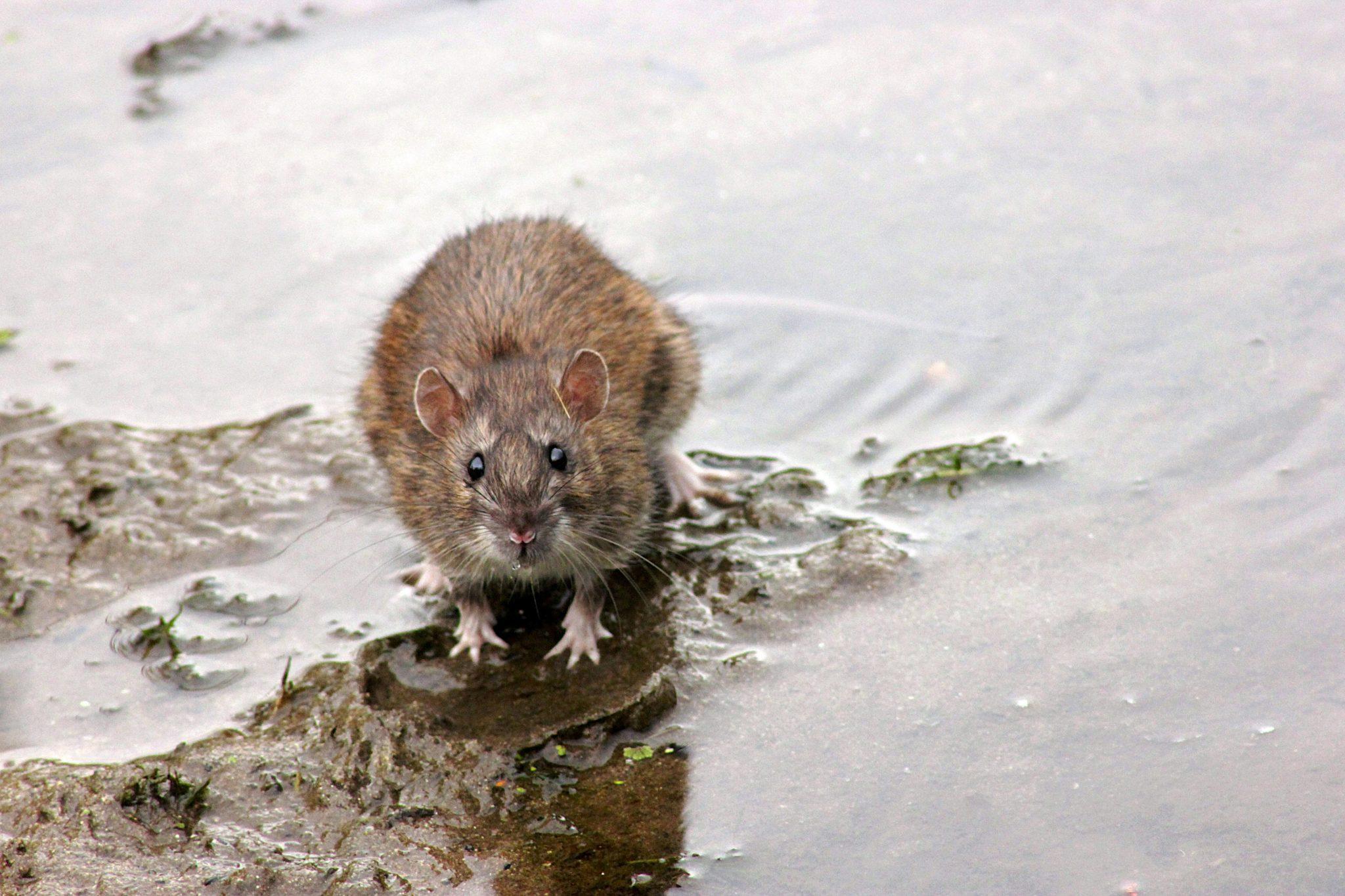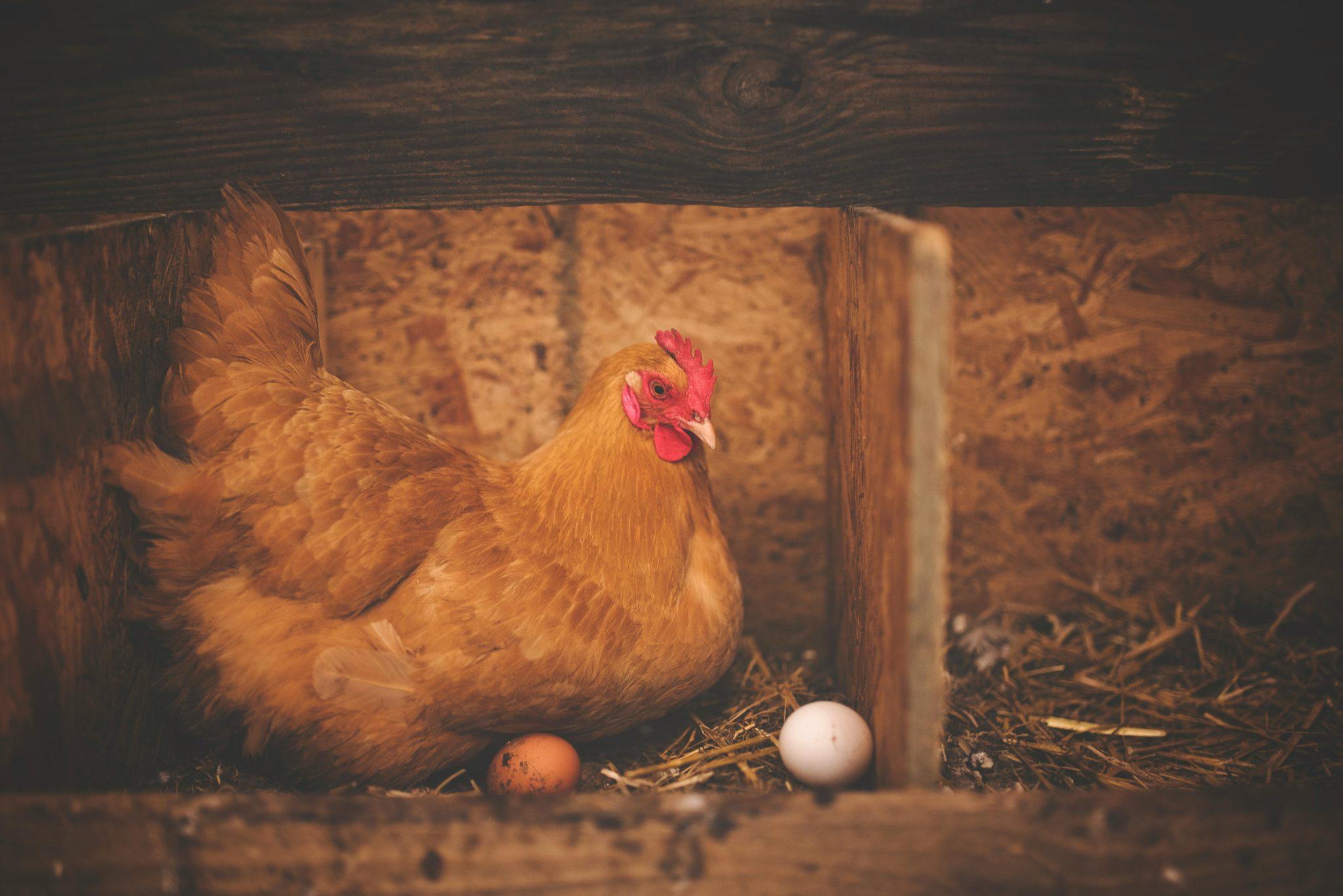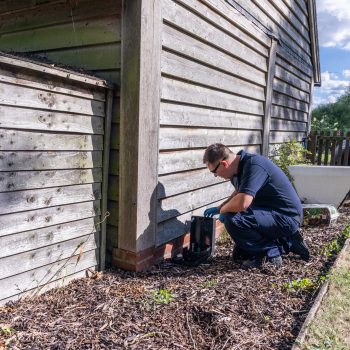How To Get Rid of Rats on a Farm
A rat infestation on your farm can have a devastating impact on livestock and crops. This can create low yields and generate a bad reputation for your produce. As disease carriers, they’re one pest you don’t want to see anywhere near your farm.
So how can you get rid of rats on a farm?
At Pest Defence, we’re agricultural pest specialists and Red Tractor-approved, which means we have all the expertise and tools required to help you eliminate rat and mouse problems. With this in mind, we’ve put together a short guide to getting rid of rats and how you can rat-proof your farm to protect your livelihood.
Key Takeaways:
- Rat infestations on farms can impact crops, livestock, and the farm’s reputation, so early detection and prevention is critical.
- Common signs of rats include crop damage, missing eggs, and gnaw marks, especially during harvest and the colder months.
- Rat-proofing measures include sealing entry points, keeping animal feed secure, installing metal flashing, and encouraging natural predators.
- Pest Defence offers expert pest control services for farms across Essex and the surrounding areas.

Signs of rats on a farm
For the most part, rats are nocturnal, which means you’re not always likely to see them. Sightings become more common during harvest times when there is an abundance of food or during colder months in autumn and winter when they seek shelter.
However, you can protect your farm by remaining vigilant for the following signs of rats:
- Damage to crops – Rats will eat almost anything, including your grains, vegetables and fruits. They’ve also been known to attack smaller, injured birds. If you notice damage to your crops and livestock, it’s a sure sign you have rodent interlopers.
- Urine, hair and faeces – Rats will contaminate any area with hair, urine, faeces and greasy smears along walls — all signs of their close presence.
- Damage to structures – Gnawing is a sure indication that rats have made their way into the area, and may potentially already be inside your building.
- Missing eggs – Rats have been known to steal eggs, so if you’re noticing a lower yield, this could be the reason.

- Diseases – With the ability to pass on disease and create unsanitary conditions, any sickness within your livestock, especially poultry, suggests the potential presence of rodents.
How to avoid rat infestations on your farm
Now you know about the different signs that should set alarm bells ringing, let’s look at how to avoid allowing rats to infest your farm:
- Prevent access to food – Be sure to store your food in sturdy containers and hoppers to avoid attracting rats.
- Keep your site tidy – Clean up any spilt grain and remove rubbish from your site to avoid making it appealing to rats looking for easy food and shelter options.
- Rat-proof your buildings – More on this in our next section!
- Implement rodent traps – Laying traps will catch any rats before they can create a nest and populate the area.

For expert rodent pest control services for your farm, call Pest Defence today!
How to rat-proof a farm
As part of the previous section, we mentioned rat-proofing your farm. There are several ways in which you can do this, including:
- Sealing off entry points – Gaps around pipes, cables and other cracks should be sealed to eliminate points of entry for small rodents.
- Storing feed and water securely – This may mean investing in upgraded containers but it can reduce how welcoming your farm is if they can’t access food and water.
- Installing metal flashing – By shoring up the lower parts of your walls and doors with metal flashing, you can make it difficult for smaller creatures to gain access.
- Encouraging natural predators – Deter rats from your farmland with the help of natural predators such as cats and owls who will actively hunt for mice and rats.

Can a pest control company prevent rats?
Yes, a professional pest control company is essential for keeping your site free of rats or for eliminating them if you already have an infestation. While some DIY measures can be taken to make a difference, for the very best result and peace of mind when tackling rat infestations on farms, look no further than our expert team at Pest Defence.
Struggling with rats on your farm? Don’t hesitate to contact us as your local pest control company in Essex and the surrounding areas, including Chelmsford, Colchester and Brentwood. We can provide a thorough assessment of your site and offer comprehensive services to help create a strategy to rid your farm of rats and keep them away for good.
Call us today to learn more or for expert advice on controlling rats in agricultural settings.


